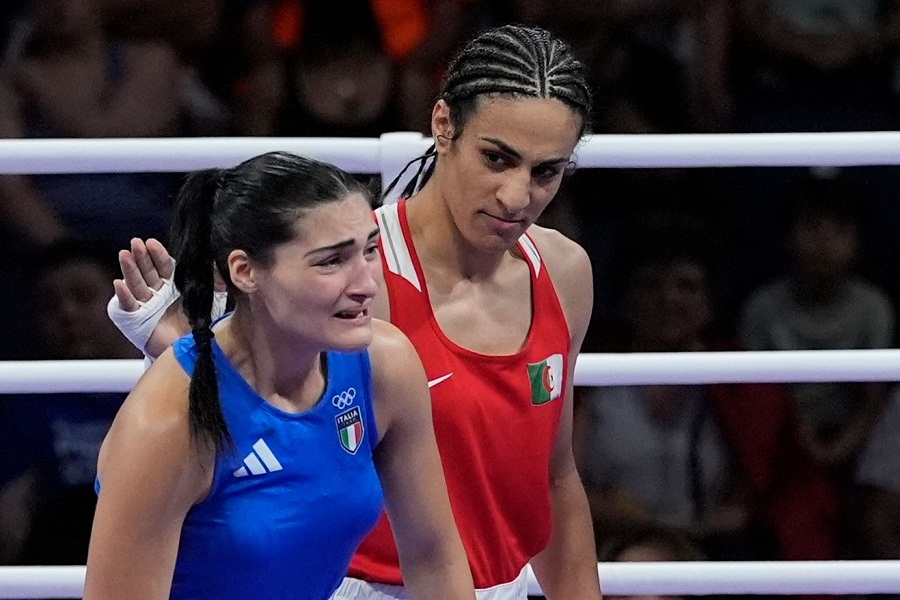Whether XY chromosomes should be allowed to compete in female sports

Published :
Updated :

The Olympics are over, but have left behind a handful of sensations – Yusuf Dikec, famous for his casual win, Kim Yeji for her 'main character energy', and also a number of controversies with regards to its fairness in judgement and qualifications.
Consider Imane Khelif, whose victory has given rise to hate comments, ridicule and overall, a general display of hatred towards the queer. Imane Khelif, however, identifies as a woman and associates herself neither with transgender nor with intersex. The question, however, is hardly about what an athlete identifies themselves as but more about whether their biology fits the requirement.
Due to its disdain for DSD or "differences in sex development," binary categorization is ineffective and exclusive. With XY chromosomes but resistance to male hormones, Androgen Insensitivity Syndrome, Turner Syndrome (45 X chromosome instead of 46 XX or 46 XY), and many other variations, DSD can manifest in many ways.
Typically, XY chromosomes have a higher level of testosterone despite their phenotypical appearance. When it comes to rigorous physical activity such as sports, the hormone testosterone can give an edge by providing an athlete with larger muscles, lower body fat, and higher red blood cell count – all of which are essential to excel at sports.
According to Dailymail, Imane Khelif's coach, Georges Cazorla, has confirmed that medical tests conducted by the International Boxing Association (IBA) identified 'a problem with hormones' and 'with chromosomes', suggesting that she may have the XY gender chromosomes typical of a man, the results of which led to her disqualification from 2023 IBA Women's World Boxing Championships.
However, the Olympic Committee decided it was sufficient to have 'woman' written in her passport to possess the eligibility. This leads to questioning the methods of the Olympic Committee itself. It seems to make decisions based on assumptions and self-identifications rather than solid scientific evidence.
Judgements based on chromosomal composition can lead to claims of violation of human rights and dignity, and suggesting creating separate categories of sports for transgenders has been deemed as controversial as a separate category could imply the marginalization of transgender people.
Taking all of these into account, it can be rightly said that whether XY chromosomes should be allowed to participate in female sports is a tricky question. It involves questions concerning the human genotype, phenotype, gender identification, and sportsmanship and ethics.
Suppose a person possessing the XY chromosome and identifying as a woman is allowed to participate in the female category by dint of her identification. In that case, the question arises that, by extension: shouldn't a genotypical and phenotypical male identifying as a woman and using the pronouns' she/her' be allowed to compete in the female category as well? If so, 'her' heightened levels of testosterone could quite easily lead her to victory. This would imply that hundreds of qualified competitors are being unfairly dropped out of the competition.
The Olympic Games is the biggest sports festival in the world. Every season, it gives birth to legends, yet it is unable to break free from the knot of disputes. All sports organizations, including the Olympic Games, must adopt a more careful selection process for their candidates. At the same time, the debate rages on to preserve both the spirit of sportsmanship and the competition's credibility.


 For all latest news, follow The Financial Express Google News channel.
For all latest news, follow The Financial Express Google News channel.